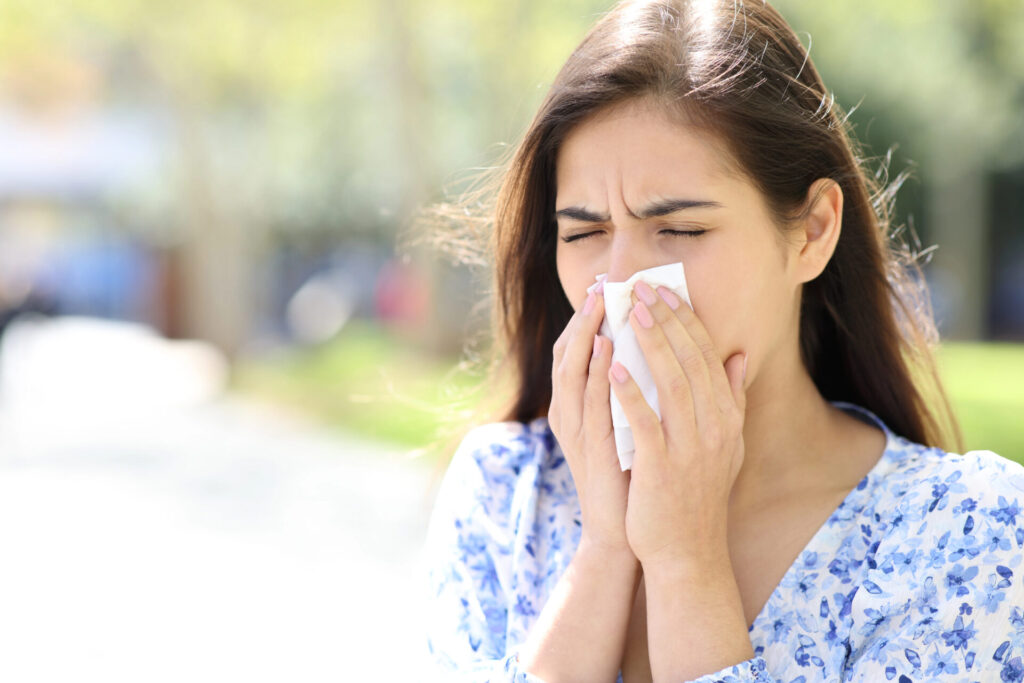What your patients wash with and eat is increasingly becoming a concern, especially for pregnant women and women of child bearing age. A new study by Brooklyn’s SUNY Downstate Medical Center shows that premature births and low birth weights may be associated with antibacterial ingredients like triclocarban, triclosan and the long-chain parabens, used as a preservative in cosmetics, personal care and even food products. Written by Jen Carlson
The study of 185 pregnant women tested the urine of third trimester expectant mothers and umbilical cord blood of 34 newborns for parabens, triclosan and triclocarban.
“The study found a link between women with higher levels of butyl paraben, which is commonly used as a preservative in cosmetics, and the following birth outcomes: shorter gestational age at birth, decreased birth weight, and increased odds of preterm birth,” says Laura Geer, PhD, MHS, associate professor in the Department of Environmental and Occupational Health Sciences in the School of Public Health at SUNY Downstate.
The study measured maternal third trimester urinary and umbilical cord blood plasma concentrations of methylparaben (MePB), ethylparaben (EtPB), propylparaben (PrPB), butylparaben (BuPB), benzylparaben (BePB), triclosan (2,4,4′-trichloro-2′-hydroxydiphenyl ether or TCS) and triclocarban (1-(4-chlorophenyl)-3-(3,4-dichlorophenyl) urea or TCC).
In 2010, the Journal of the American Medical Association recommended that triclosan be removed from American households because of concerns about antibiotic resistance and thyroid health risk. The researchers note that the European Union put regulations in place in 2015 for the removal f triclosan from consumer products. However the U.S. Food and Drug Administration and the U.S. Environmental Protection Agency have not issue mandatory removal only warnings. Some U.S. manufacturers have voluntarily promised to pledged to remove triclosan from various hygiene-related products and Minnesota passed a triclosan ban, which will begin in 2017.
In recent years parabens have been phased out of some shampoos, cosmetics and personal care products. A lesser known use is foods. Parabens are commonly used in some trail mixes, muffins and tortilla chips as a preservative.
Dr. Geer concludes, “Our study provides further evidence of the importance of assessing the risks of having these additional chemicals in our consumer products. While small-scale changes in birth size may not be of clinical relevance or cause for concern in individual cases, subtle shifts in birth size or timing at the population-level would have major impacts on the risk for adverse birth outcomes.”
Published in Journal of Hazardous Materials, May 2016.
Jen is a freelancer journalist, specializing in healthy eating for infants and children. She is also an innovator, an inspirational speaker, a contributing parenting expert on Huffington Post Canada and the mother of two well-fed children. Her first cookbook, Growing Up Gourmet, is now available, link here for more information.





